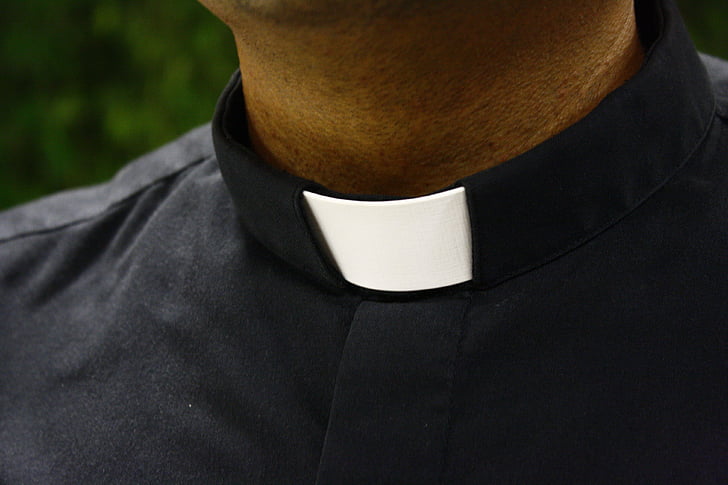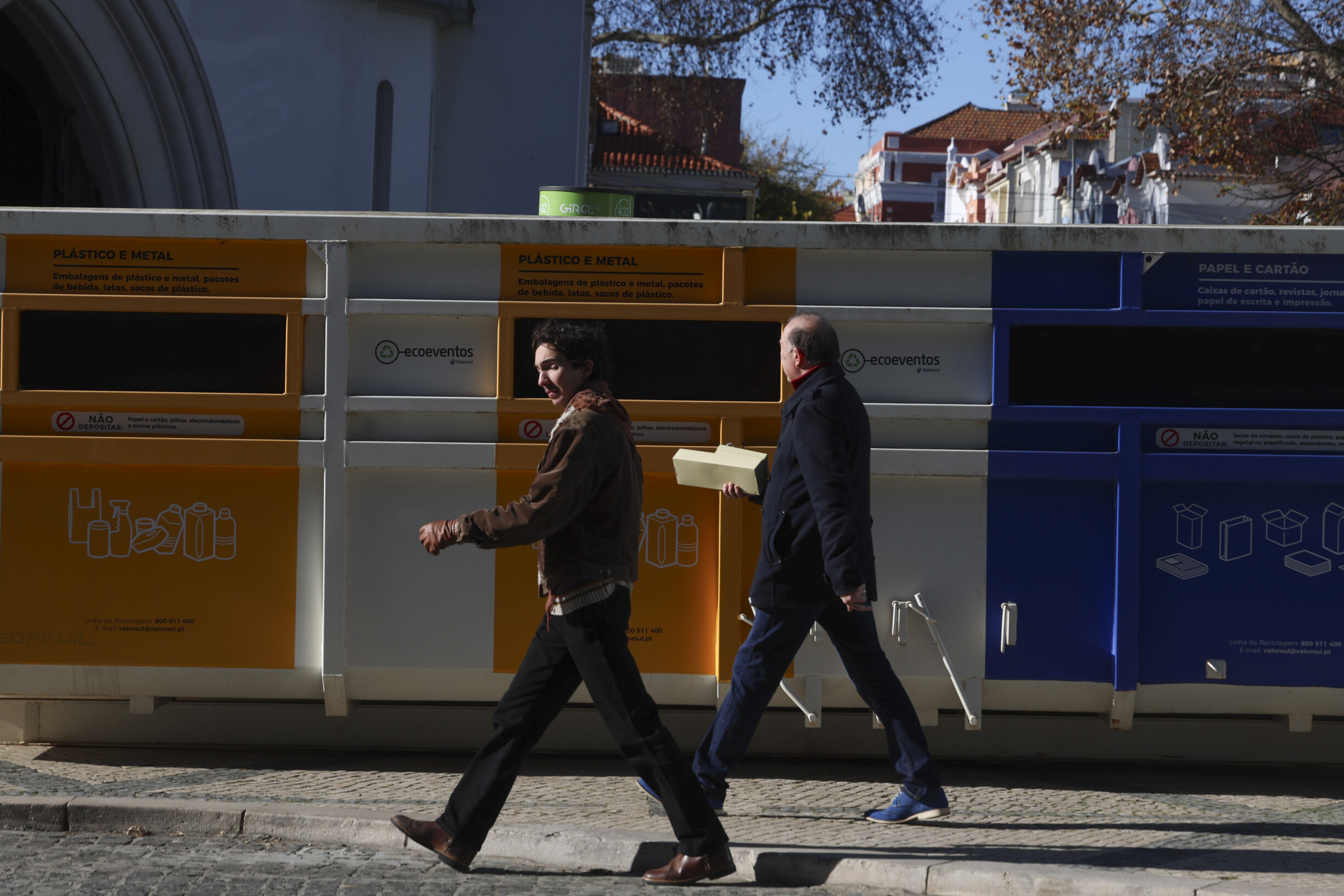Summary:
Grupo Vita announces first global abuse prevention programs for the Catholic Church, ready by March 2024.
Rute Agulhas highlights the absence of primary prevention programs worldwide for the Church.
Programs will target children and youth, featuring playful and educational approaches.
Francisca Magano reveals troubling statistics on sexual violence against minors in Portugal.
Experts emphasize the need for a child-centered approach in judicial and social actions.
After two years of intensive work, Grupo Vita, established by the Catholic Church to address sexual abuse cases, has announced the development of the first global abuse prevention programs specifically aimed at this religious institution. The programs are expected to be ready by March 2024 and will begin implementation in April, following training for participants.
This initiative was presented by Rute Agulhas, coordinator of Grupo Vita, during a discussion held at ISCTE, Lisbon, in recognition of the European Day for the Protection of Children Against Sexual Exploitation and Sexual Abuse. Agulhas emphasized the lack of primary prevention programs directed at the Catholic Church worldwide, despite over 40 years of research in this field.
“We couldn’t overlook the need for primary prevention programs developed within the context of the Catholic Church in Portugal. There isn’t a single one worldwide,” Agulhas stated, as reported by Público. She highlighted that while sexual abuses share common characteristics in various contexts, there are specificities within the Catholic Church that require a unique approach.
Engaging and Educational Approach
The programs under development will target children and youth and can be applied in schools, catechesis, and other church-related environments. The program for younger children will adopt a playful format, featuring a peddy-paper that addresses topics such as healthy relationships, body privacy, secrets, prevention strategies, and how to seek help. For older participants, a digital game will be developed, incorporating symbolic pathways that include locations such as a church and a bonfire, tackling similar themes adapted for older age groups.
“The programs must be engaging, appealing, and include multiple sessions throughout the academic year, promoting the involvement of significant adults and encompassing various contexts of the child,” Agulhas explained, emphasizing that continuity is crucial for effectiveness.
It is important to note that Grupo Vita was founded in response to the final report of the Independent Commission for the Study of Sexual Abuse of Children in the Catholic Church, which validated 512 testimonies and identified at least 4,815 victims in the last 70 years. Since its formation, the group has received contact from 117 victims and 56 compensation requests.
In 2023, the group had already launched a Prevention Manual and the Vita Kit, providing guidelines for training in this area. However, Agulhas stressed that these initiatives alone are insufficient for a comprehensive approach to the issue.
Francisca Magano from the Portuguese Committee for UNICEF raised concerns about alarming statistics regarding sexual violence against minors in Portugal. Data from the National Institute of Statistics (INE) in 2022 indicates that around 176,000 people were victims of sexual violence before the age of 15. Furthermore, it was highlighted that one in five women and one in seven men report having suffered sexual violence in childhood.
During the discussion, experts emphasized the importance of placing victims at the center of judicial and social action. Carlos Farinha, deputy national director of the Judiciary Police, mentioned the creation of spaces within the PJ that allow for the hearing of child victims outside intimidating environments such as courtrooms.
Maria João Duarte, from the Family, Child, Youth, and Elderly Office of the Public Ministry, underscored that while legislation has advanced in the past decade, effective implementation on the ground is still lacking. “The path must involve a culture of care that brings victims, particularly the most vulnerable—namely all children—closer to the protection of the justice system,” she stated.
Odete Severino Soares, a researcher, lamented that Portugal has never implemented the “Child House” (Barnhus) model, already in use in several countries. This project gathers all necessary resources for supporting child abuse victims in a single space, including legal and psychological assistance. According to the researcher, a pilot project was presented in 2016, but it did not progress.
Experts at the discussion agreed that there is still a long way to go to effectively protect children and youth in Portugal. The new prevention programs from Grupo Vita, notable for their innovation within the Catholic Church, could represent a significant step in this direction.
For more information or to report cases, Grupo Vita provides the number 915 090 000 and a form on its official website grupovita.pt.










Comments
Join Our Community
Create an account to share your thoughts, engage with others, and be part of our growing community.